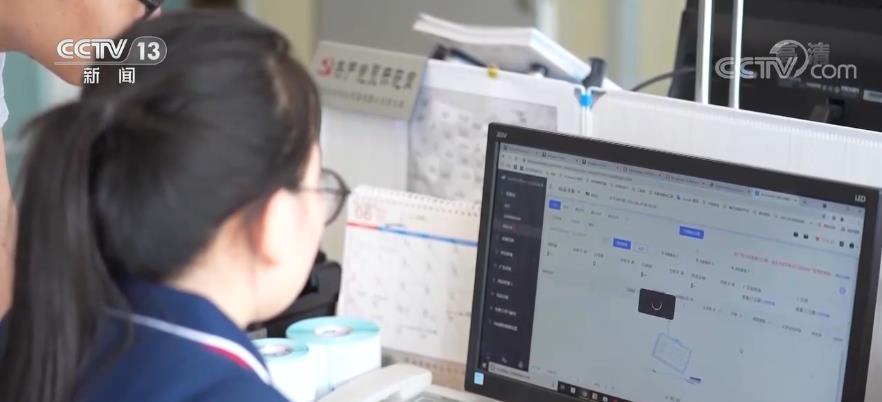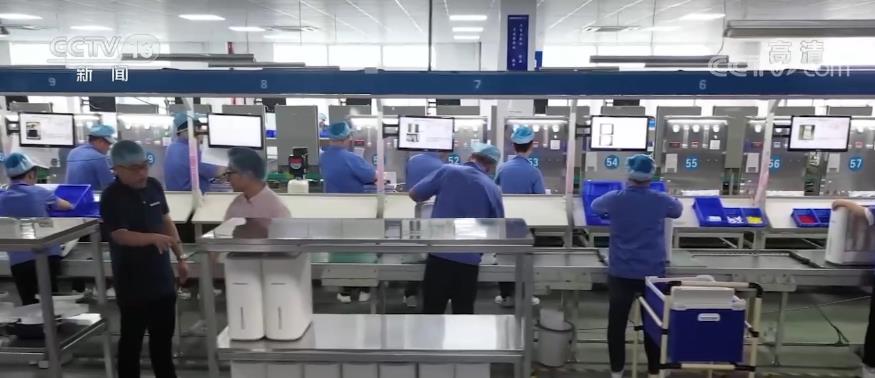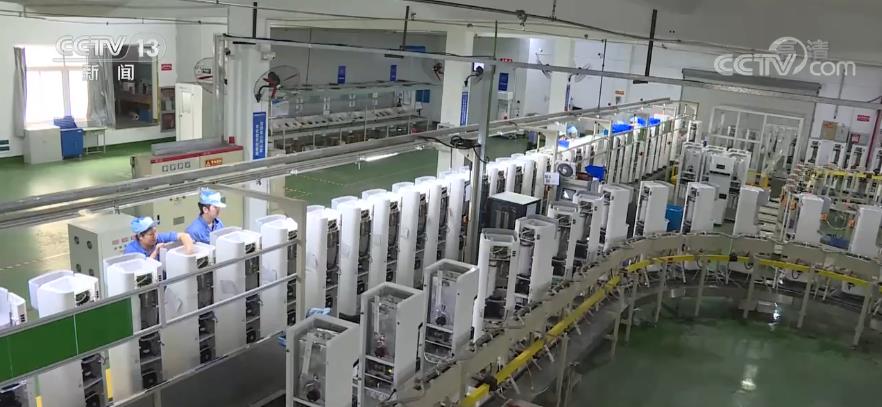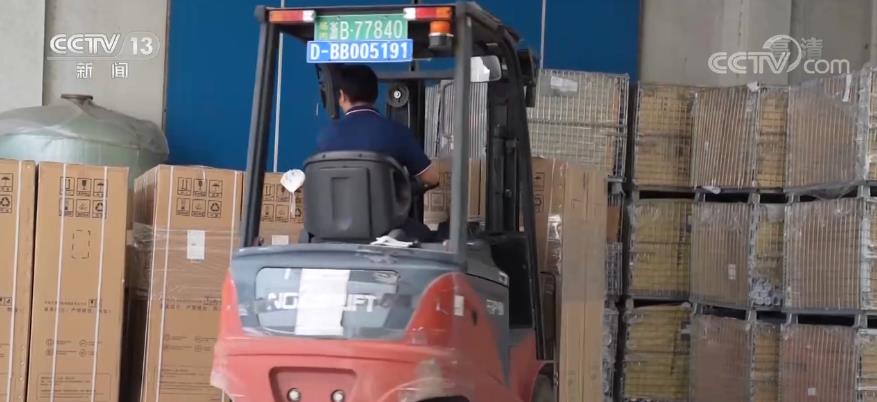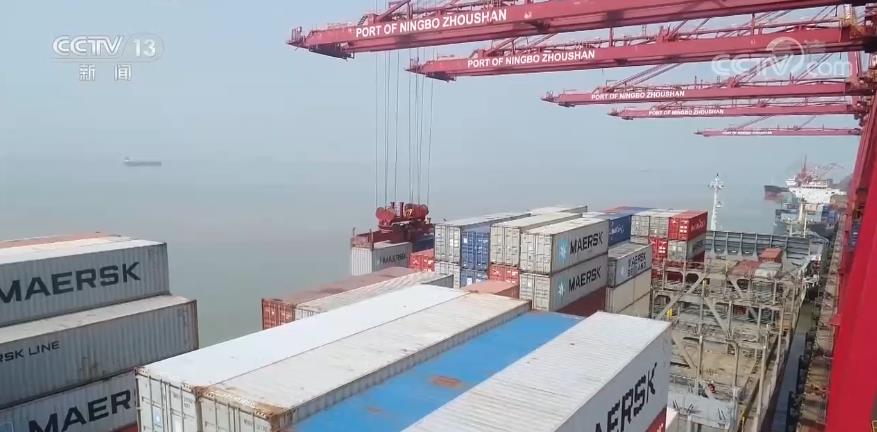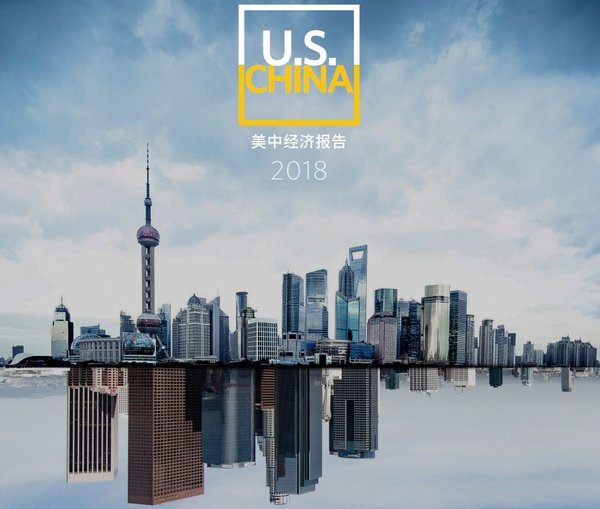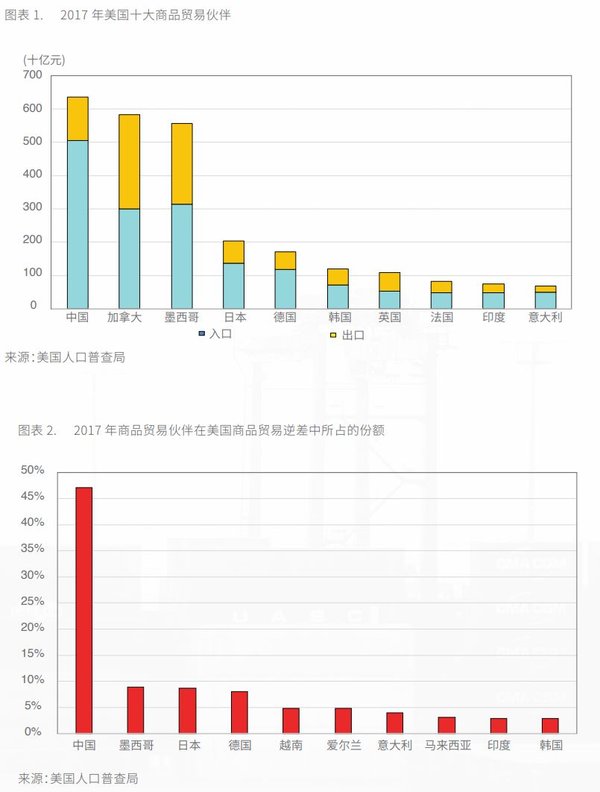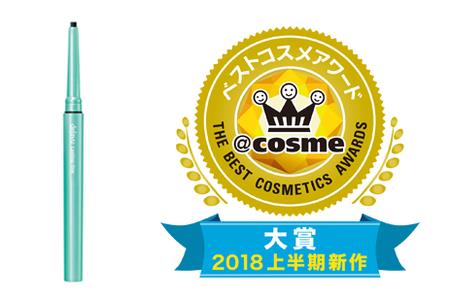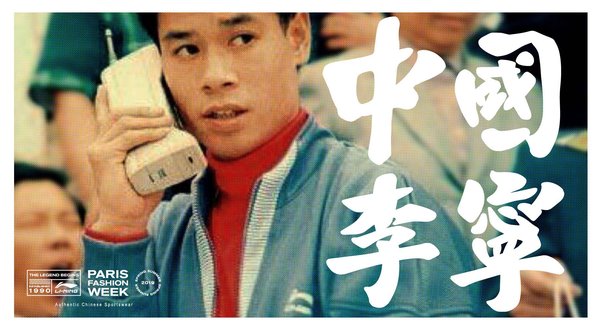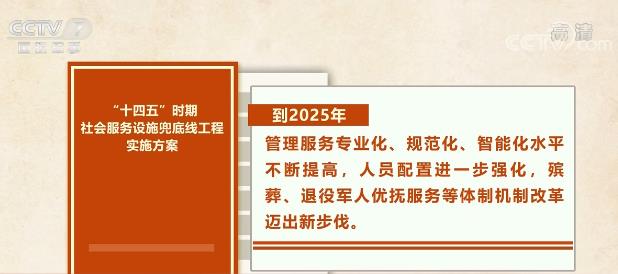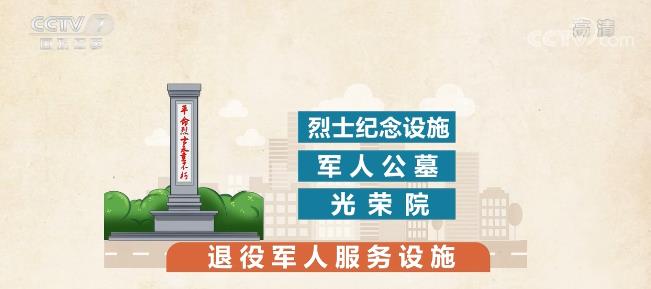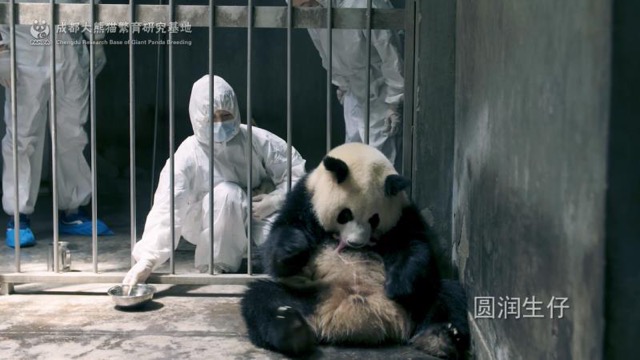Highlights in many fields help the economy to "flourish", and high-quality development condenses majestic strength.
In 2023, China’s economy withstood external pressure, overcame internal difficulties, made solid progress in recovery and high-quality development, and the main expected goals were successfully achieved. This is a hard-won report card. While expanding domestic demand, stabilizing business entities and protecting people’s livelihood, the pace of high-quality economic development in China has never stopped, and a number of bright data highlight many new development advantages. In 2024, China’s economy will continue to exert its strength on the road of high-quality development, and the pace will be more determined.
[The profits of industrial enterprises above designated size continue to recover, and the role of "ballast stone" is constantly emerging]
According to the data released by the National Bureau of Statistics on January 27th, in 2023, the total profits of industrial enterprises above designated size in China reached 7,685.83 billion yuan, which continued to recover. Judging from the growth rate of the month, in December 2023, the profits of industrial enterprises in the regulation increased by 16.8% year-on-year, and the profits have achieved positive growth for five consecutive months since August.
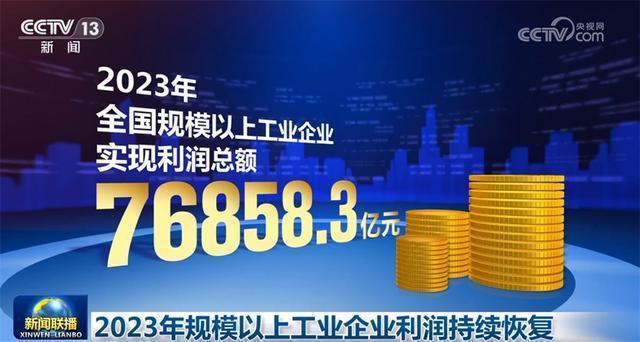
In 2023, the national industrial enterprises realized the annual operating income of 133.44 trillion yuan, an increase of 1.1% over the previous year, and the cumulative revenue growth rate rebounded for five consecutive months.
The profit growth of equipment manufacturing industry is accelerating, and the role of "ballast stone" is constantly emerging. In 2023, the profit growth rate of the equipment manufacturing industry was 4.1%, 2.4 percentage points faster than that of the previous year, which boosted the industrial profit growth by 1.4 percentage points. Among them, the profits of the railway, ship, aerospace transportation equipment, electrical machinery industry and general equipment industry increased by double digits over the previous year. The optimization and upgrading of the industrial chain has been further promoted, and new industrial kinetic energy has been continuously cultivated and expanded.
[Counting the financial support for the real economy, the loan support for science and technology enterprises is stronger]
The statistical report on loan investment of financial institutions in 2023 was published.
On January 26th, the People’s Bank of China released the statistical report on the loan investment of financial institutions in 2023. The report shows that in 2023, medium and long-term loans in China’s industry, service industry and infrastructure industry maintained a relatively high growth rate, and loans supported science and technology enterprises.
The data shows that at the end of 2023, the balance of RMB loans of financial institutions was 237.59 trillion yuan, a year-on-year increase of 10.6%; In the whole year, RMB loans increased by 22.75 trillion yuan, an increase of 1.31 trillion yuan over the same period of last year.
From the perspective of loan investment, medium and long-term loans in industry, service industry and infrastructure industry maintained a relatively high growth rate, of which the balance of medium and long-term loans in heavy industry was 18.62 trillion yuan, up 28% year-on-year, and the growth rate was 2.5 percentage points higher than that at the end of last year; The balance of medium and long-term loans for light industry was 3.2 trillion yuan, up 27.9% year-on-year.
Green loans grew rapidly. At the end of 2023, the balance of local and foreign currency green loans was 30.08 trillion yuan, up 36.5% year-on-year, 26.4 percentage points higher than the growth rate of various loans, and 8.48 trillion yuan higher than the beginning of the year.
By the end of 2023, there were 212,000 small and medium-sized science and technology enterprises supported by loans, with a loan rate of 46.8%, 2.1 percentage points higher than the end of last year. The balance of local and foreign currency loans of small and medium-sized science and technology enterprises was 2.45 trillion yuan, a year-on-year increase of 21.9%, which was 11.8 percentage points higher than the growth rate of various loans in the same period. There were 217,500 high-tech enterprises supported by loans, and the loan rate was 54.2%, 0.8 percentage points higher than the end of last year.
China’s credit structure will continue to be optimized in 2023.
According to the report released by the People’s Bank of China, in 2023, China’s RMB loans increased by 22.75 trillion yuan, an increase of 1.31 trillion yuan year-on-year. From the structural point of view, medium and long-term loans in industry, service industry and infrastructure industry maintained a relatively high growth rate; Agriculture-related loans, green loans and technology-based loans grew rapidly. The credit structure continued to be optimized, and the efficiency of financial resource allocation continued to improve.
[China’s foreign exchange market remains active and foreign-related economy recovers steadily]
According to the latest data from the State Administration of Foreign Exchange, in December 2023, China’s foreign exchange market totaled 20.54 trillion yuan. In 2023, the cumulative turnover was 252.58 trillion yuan. The foreign exchange market remained active and the market operated smoothly and orderly.
In December 2023, the import and export scale of China’s international balance of payments trade in goods and services was 4,339.1 billion yuan, up 2% year-on-year, hitting a monthly high in the year. In 2023, China achieved a trade surplus of 4,279.4 billion yuan, the second highest value in history.
[China’s energy transformation continues to deepen, and clean energy points "green" into gold]
By the end of 2023, the cumulative installed capacity of power generation in China was about 2.92 billion kilowatts.
According to the data released by the National Energy Administration, by the end of December 2023, the cumulative installed power generation capacity in China was about 2.92 billion kilowatts, up 13.9% year-on-year. Among them, the installed capacity of solar power generation is about 610 million kilowatts, a year-on-year increase of 55.2%; The installed capacity of wind power is about 440 million kilowatts, a year-on-year increase of 20.7%. China’s energy transformation continues to deepen.
[High-quality promotion of major regional strategies opens up a broad new space for economic development]
In 2023, the import and export of 9 cities in mainland Guangdong-Hong Kong-Macao Greater Bay Area was 7.95 trillion yuan.
According to the General Administration of Customs, in 2023, the import and export of nine cities in mainland Guangdong-Hong Kong-Macao Greater Bay Area was 7.95 trillion yuan, accounting for 19% of the total import and export value of China. Among them, the import and export proportion of high-tech products is 13.6 percentage points higher than the national average, which shows the outstanding advantages in scientific research and development and industrial innovation.
The list of major projects in 2024 was released by the Shuangcheng Economic Circle in Chengdu-Chongqing area.
The List of Major Projects for Building a Twin-city Economic Circle in Chengdu-Chongqing Region in 2024 was released on January 26th, including 300 projects in seven categories, including modern infrastructure, modern industrial system and regional collaborative innovation, with a total investment of about 3.6 trillion yuan.
[The resumption of international passenger routes further promotes the high-quality development of local economy and society]
The international passenger route from Kashgar, Xinjiang to Islamabad resumed
On the afternoon of January 27th, 144 Chinese and foreign passengers flew out of Kashi Laining International Airport on flight CZ8019. This is the first international passenger flight leaving Kashgar Airport after the suspension of Urumqi-Kashgar-Islamabad international passenger flight in 2009, after a lapse of nearly 15 years.
Kashgar Airport is an important aviation hub for the "Belt and Road" construction. With the resumption of the Urumqi-Kashgar-Islamabad international passenger route, it will further promote the high-quality development of the local economy and society. In order to fully ensure the safe and orderly resumption of passenger traffic at the port, the Kashgar Entry-Exit Frontier Inspection Station and the port joint inspection unit carried out all-factor process drills at high frequency, strengthened coordination and linkage with airline companies, kept abreast of flight dynamics, and made comprehensive preparations for customs clearance inspection at the port.
Xiao Zibing, Deputy Director of the Frontier Inspection Department of Kashgar Entry-Exit Frontier Inspection Station: After a lapse of 15 years, the resumption of this international route is of positive significance to the interconnection between Kashgar and its surrounding areas in Xinjiang. For this reason, we have further optimized the service mode, scientifically deployed the police force, and adopted specific measures such as forecasting and pre-inspection, filling in foreigners’ entry cards on board, and opening emergency passages to comprehensively improve the efficiency of customs clearance and ensure the safe, convenient, smooth and efficient customs clearance at the port.
[China’s ship technology continues to improve, and the development trend of marine equipment manufacturing industry is good]
"Snow Dragon 2" has completed the ocean survey.
On January 27th, Beijing time, China’s 40th Antarctic expedition "Snow Dragon 2" arrived in Littleton Port, New Zealand, for the transshipment of expedition members and material supply, etc. The voyage and ocean survey tasks were all completed.
The expedition team carried out a multidisciplinary comprehensive investigation on hydrological environment, atmospheric environment, sea ice environment, marine bio-ecology and marine chemistry in amundsen sea and its adjacent waters on the edge of Antarctica.
One highlight of this voyage survey is the construction of submarine buoy array in the shelf area west of Amundsen, in which 5 sets of submarine buoys were recovered and 4 sets of submarine buoys were deployed. Among them, the polar deep-water ecological submarine buoy developed by polar research institute of china is the first time for China to deploy ecological submarine buoys in polar regions.
[Continuous polishing of ecological background and effective protection of natural ecosystem]
The main stream of the Yangtze River and the Yellow River has reached Grade II water quality steadily.
The reporter learned from the Ministry of Ecology and Environment that in 2023, the whole line of the Yangtze River and the whole line of the Yellow River remained stable at Class II water quality. This is the fourth consecutive year that the Yangtze River has reached Grade II water quality, and the Yellow River has reached Grade II water quality for two consecutive years.
Heilongjiang: Lu Yu Northeast Leopard, a village courier, took a precious video.
Recently, a village postman in Dongning City, Heilongjiang Province, met a Northeast Leopard while passing through a rural road. He quickly recorded this precious moment with his mobile phone.
In the picture, a northeast leopard appeared beside the country road. When he saw a car coming, he was not in a hurry. He searched for a while and crossed the road into the forest. The video was shot by a village courier in Dongning City, Heilongjiang Province. He said that he often passed by Maying Village in Daduchuan Town, but it was the first time that he had close contact with the Northeast Leopard.
Yin Tieqiang, the courier, said that at that time, the incident was sudden and only an image of a Northeast Leopard was taken. Considering that the area haunted by the Northeast Leopard is close to the village and worried about the danger, he reflected the situation to the forestry department, and the police station in the jurisdiction immediately sent police to remind the villagers of safety.
It is understood that the area where the Northeast Leopard is found is located in the Northeast Tiger and Leopard National Park. In recent years, the local natural ecosystem has been protected and restored as a whole through protection priority, green development and diversified co-construction, and the population of wild Northeast Tiger and Northeast Leopard has grown steadily. At present, there are 4 Siberian tigers and 12 Siberian leopards active in this area all the year round.













